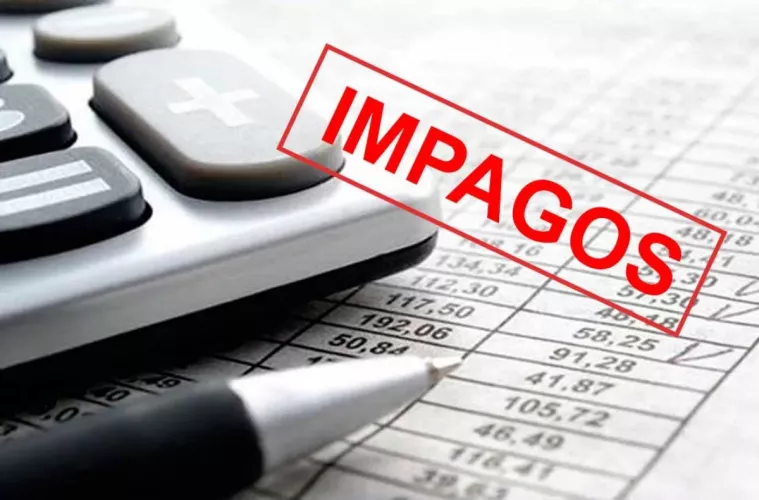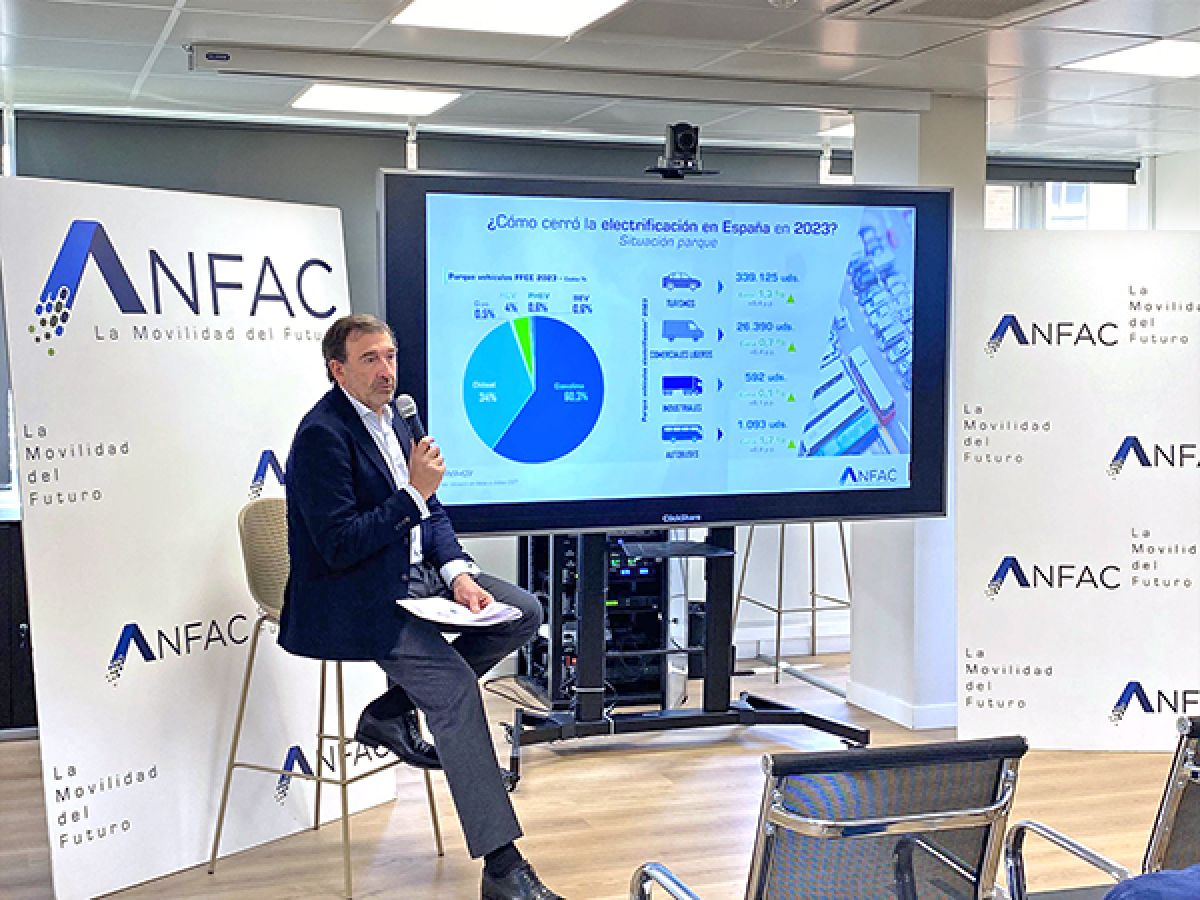Defaulting transport companies
Thus, the Ministry of Transport has already published on its official website the first list of non-compliant companies corresponding to the first half of this year.
The list includes a total of 64 delinquent loading and intermediary companies with a firm non-appealable sanction, with fines that in some cases exceed 16,000 euros.
Here’s the complete list:

Shippers pay mostly by transfer to carriers
It is also interesting to see how the means of payment used by customers to pay for the services provided by their carriers have evolved: thus, transference currently stands out as the most common means, specifically 75% in the last month when in 2012 only represented 15%. On the contrary, in that year the promissory note was imposed, which reached quotas of between 60 and 70% of the means of payment used, when now it barely reaches 4%. Likewise, the use of confirming is significant, a payment instrument that Spanish financial institutions have tried to export to other countries, and that throughout the last decade has had an uneven evolution, reaching peaks of 50% use in some years, although it currently stands at 21% of the means of payment in the road transport sector.


